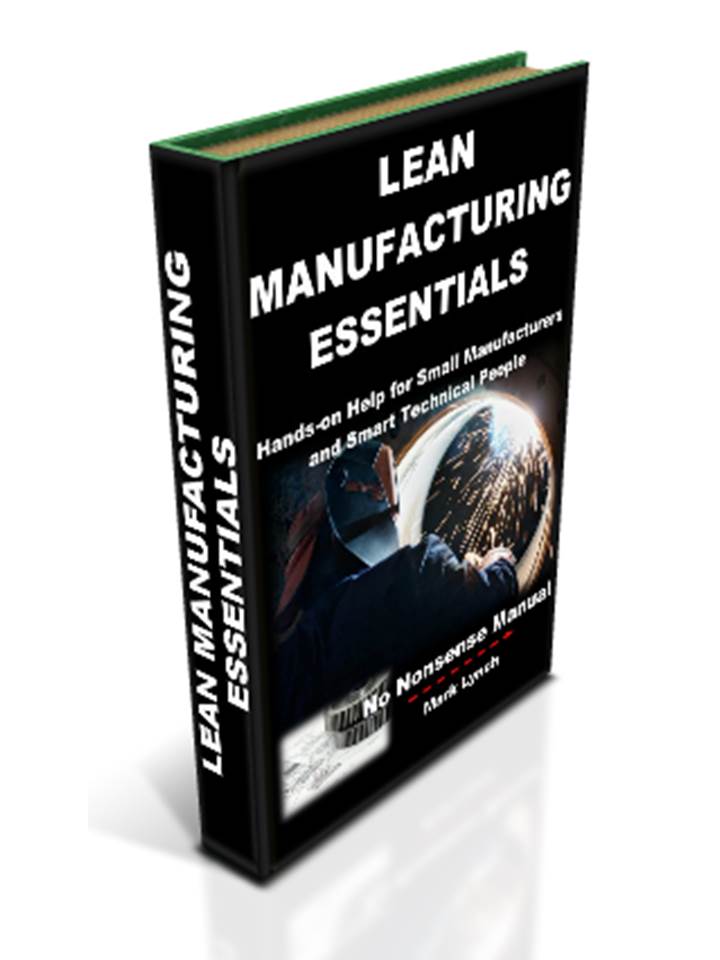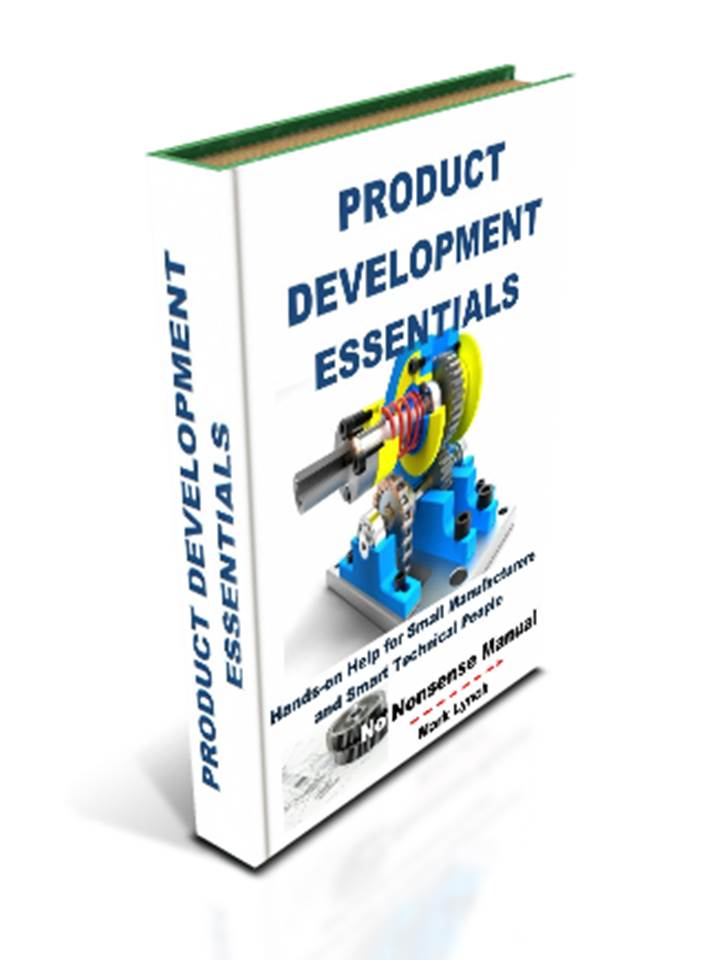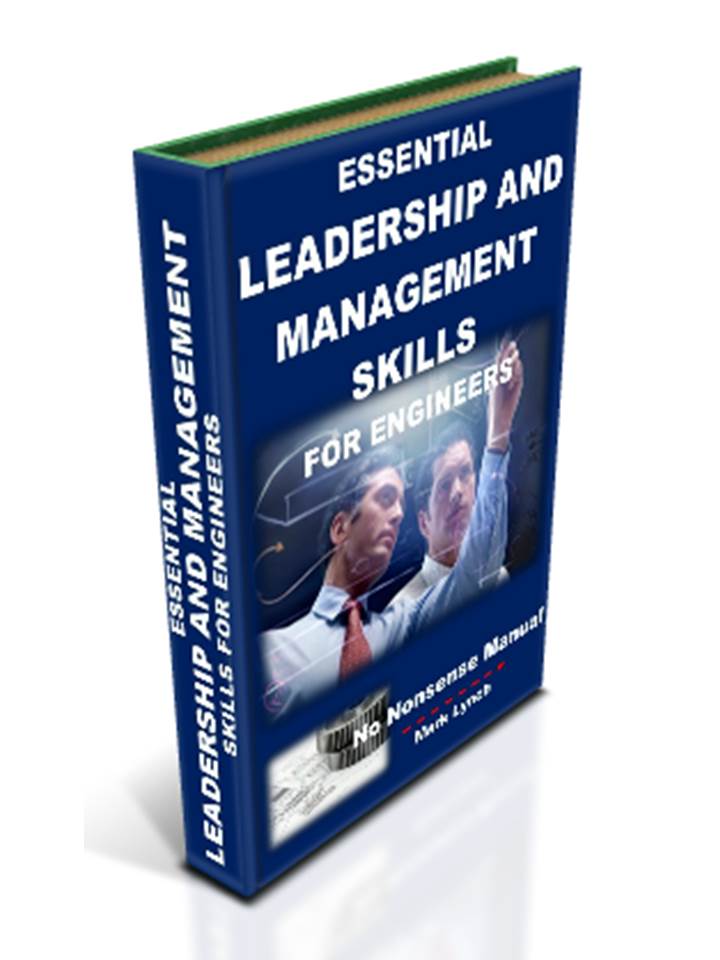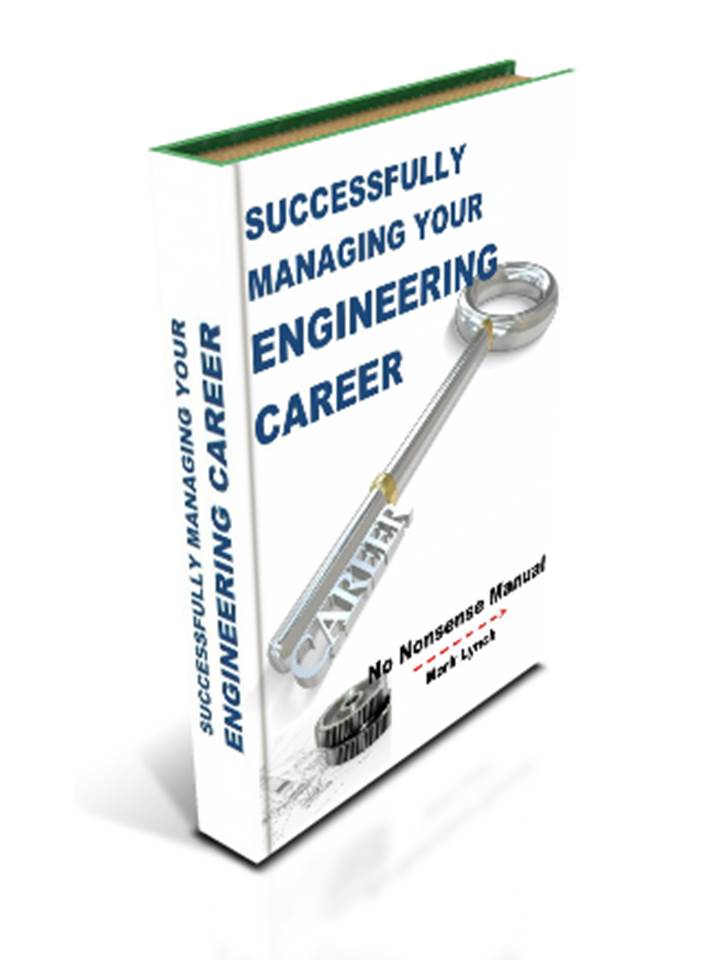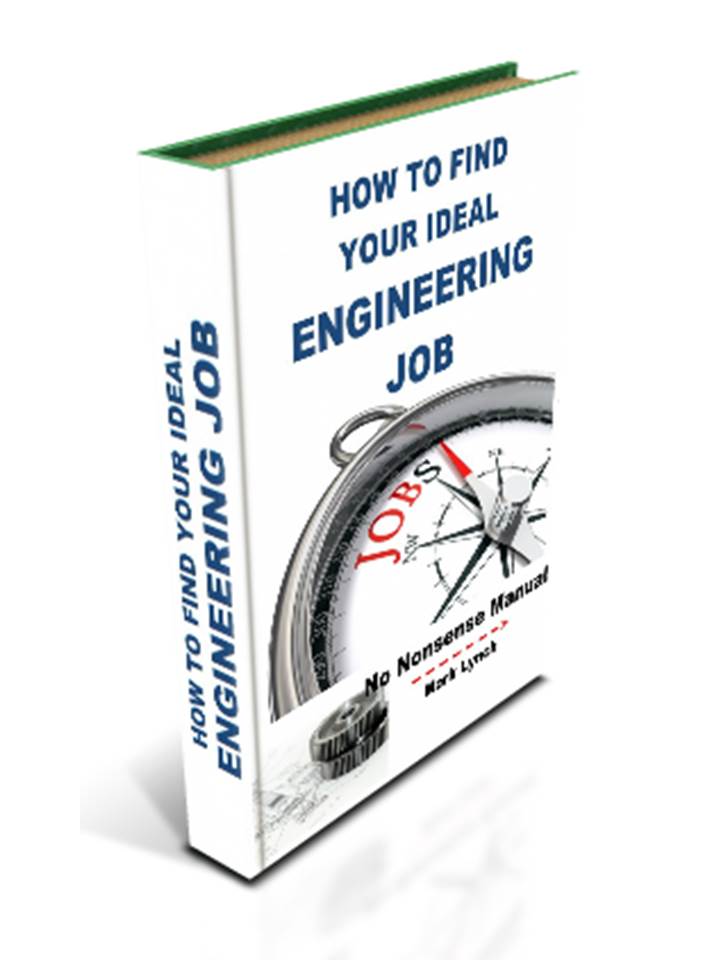'Hands-on Help for SMEs' and Smart Technical People'
Freelance Engineering - Your Next Career Choice
How to Become a Contract Engineer
How to get started...
How to Become a Contract Engineer - Introduction
Embarking on a career as an engineering contractor is akin to stepping into a world of limitless opportunities and professional autonomy. As the digital age continues to evolve, the landscape of work is undergoing a seismic shift, offering engineers an unprecedented chance to chart their own course through the realm of freelancing. Choosing the path of an engineering contractor isn't merely a career decision; it's a bold embrace of flexibility, diversity, and the power to sculpt your professional destiny. From unleashing your creative prowess to dictating your schedule, freelancing in engineering is a gateway to liberation and innovation in an ever-expanding industry.
Become a Contract Engineer - Reap the Following Benefits...
Being a design engineer contractor comes with a multitude of benefits that encompass professional, financial, and personal aspects. Here are the top 10 benefits:
1. Flexibility in Work Schedule:
As a design engineer contractor, you have the liberty to set your own work hours. This flexibility allows you to create a schedule that suits your lifestyle, whether it involves working from different time zones or accommodating personal commitments. It's an invaluable freedom that enables you to achieve a work-life balance tailored to your needs.
2. Diverse Project Portfolio:
Contractors often have the privilege of working on a variety of projects across industries. This diversity enriches your skill set, exposes you to different challenges, and expands your professional horizons. Moving between projects allows you to adapt quickly, learn continuously, and thrive in a dynamic work environment.
3. Enhanced Autonomy and Decision-Making:
Unlike traditional employment, as a contractor, you're your own boss. You have the autonomy to make decisions regarding the projects you take on, the clients you work with, and the direction of your career. This independence fosters a sense of ownership and empowers you to steer your professional journey.
4. Increased Earning Potential:
Design engineer contractors often have the advantage of setting their rates and negotiating contracts. This control over pricing allows you to capitalize on your expertise and experience, potentially leading to higher earnings compared to a salaried position. Scaling your business and taking on multiple projects further augments your income potential.
5. Geographical Flexibility:
Freelancing as a design engineer isn't bound by geographical constraints. With remote work becoming increasingly prevalent, you can collaborate with clients and teams worldwide. This opens doors to opportunities that transcend borders, allowing you to work from anywhere while engaging in global projects.
When Should You Start an Engineering Consulting Firm? by Karim Omri
6. Skill Enhancement and Continuous Learning:
Engaging in diverse projects exposes you to various technologies, methodologies, and industries. This exposure acts as a continuous learning curve, honing your skills and keeping you updated with the latest advancements in design engineering. Each project becomes a learning experience, contributing to your professional growth.
7. Personal Fulfillment and Passion Pursuit:
Contracting grants you the freedom to choose projects aligned with your interests and passions. This aspect brings immense personal satisfaction as you work on projects that resonate with your values and aspirations. The ability to pursue your passion while building a career amplifies the joy derived from your work.
8. Networking and Professional Relationships:
Working on multiple projects introduces you to a wide array of professionals—from clients to collaborators. Building these relationships not only expands your network but also opens doors to future opportunities. Strong professional connections forged during projects can lead to referrals and new ventures.
9. Adaptability and Resilience:
As a contractor, you become adept at adapting to different work environments, methodologies, and team dynamics. This adaptability fosters resilience, making you more versatile and resourceful in navigating various challenges that arise in different project scenarios.
10. Tax Benefits and Financial Management:
Contracting offers certain tax advantages, such as deducting business expenses, which can help optimize your financial situation. Additionally, managing your finances as a contractor allows for greater control and strategic planning for the future.
Overall, being a design engineer contractor offers a multifaceted array of benefits that cater to professional growth, financial independence, and personal fulfillment, shaping a career journey enriched with diversity and autonomy.
How to Make Money as a Solidworks Freelancer with fiverr: by How it's Designed
So, how do you become a Contract Engineer?...
Realising your freelancer dreams
Becoming a contract engineer involves several key steps that pave the way for a successful freelancing career in engineering. Key considerations include...
A. Assess Your Skills and Expertise:
Begin by conducting a comprehensive self-assessment. Identify the specific engineering disciplines you specialize in, such as mechanical, electrical, civil, or software engineering. Evaluate your proficiency in relevant software, tools, and methodologies within your field. Consider your past experiences, projects, and accomplishments. This introspection helps define your unique selling points (USPs) as a contract engineer and allows you to align your services with market demands. Assessing your strengths and weaknesses aids in refining your niche and directing your focus towards areas where you excel.
B. Build a Strong Portfolio:
Your portfolio is a visual representation of your capabilities and expertise. Include detailed descriptions of past projects, highlighting your contributions, challenges overcome, and the impact of your work. Incorporate visuals, such as diagrams, prototypes, or project schematics, to make your portfolio engaging and informative. Ensure confidentiality agreements are respected while showcasing your work. Tailor your portfolio to the type of engineering work you seek, emphasizing specific skills or industries you aim to target as a contract engineer. Regularly update your portfolio as you complete new projects or gain additional certifications to reflect your evolving skills and experience.
C. Network and Establish Connections:
Networking is crucial for finding contract opportunities. Attend industry conferences, seminars, and workshops to connect with fellow engineers, potential clients, and industry leaders. Engage actively on professional networking platforms like LinkedIn, joining relevant groups and participating in discussions to showcase your expertise. Don't hesitate to reach out to former colleagues, professors, or mentors for advice or potential referrals. Building relationships takes time, so focus on nurturing connections by offering insights, assistance, and support within your professional network.
D. Legal and Business Setup:
Establishing the legal and business foundations for your contracting venture is essential. Decide on a suitable business structure, whether as a sole proprietorship, LLC, or corporation (or your national equivalents), considering factors like liability, taxes, and scalability. Register your business with the appropriate authorities and obtain any necessary permits or licenses required in your locality. Consult with legal and financial professionals to ensure compliance with regulations, draft contracts, and establish clear invoicing and payment procedures. Additionally, consider liability insurance to protect yourself and your business from potential risks. Why not spend a bit of time resarch online and seeking advice for the key points above. It's worth seeing what others in a similar position have done and getting it before you start.
E. Define Your Services and Rates:
Determine the specific services you'll offer as a contract engineer. This may include design, analysis, consultation, project management, or a combination of specialized services within your field. Clearly articulate your expertise, the problems you solve, and the value you provide to potential clients. Research industry standards and market rates to set competitive yet sustainable pricing for your services. Consider factors such as your level of expertise, project complexity, market demand, and the unique value proposition you offer to justify your rates.
How to Start A Consulting Business - by CovetedConsultant
F. Market Yourself Effectively:
Developing a strong personal brand and online presence is essential for attracting clients as a contract engineer. Create a professional website that serves as a centralized hub for showcasing your portfolio, services, testimonials, and contact information. Ensure your website is user-friendly, mobile-responsive, and optimized for search engines (SEO) to improve visibility. Utilize social media platforms strategically, sharing industry insights, case studies, or project highlights to position yourself as an expert. Consider blogging or creating video content to demonstrate your expertise and engage with your audience. Actively participate in relevant online communities, forums, and groups to share knowledge and network within your industry.
G. Seek and Secure Contracts:
Actively search for contract opportunities through multiple channels. Explore freelance platforms, job boards, and industry-specific websites where companies post contract engineering positions. Leverage your network by informing connections about your availability for projects and asking for referrals. Tailor your applications or proposals for each opportunity, highlighting your relevant skills, experience, and how you can add value to the project. Personalize your outreach to demonstrate a genuine interest in the client's needs and showcase your understanding of their challenges.
H. Negotiate Contracts and Agreements:
Once you've identified potential projects or clients, engage in negotiations to finalize the terms of the contract. Ensure clarity by discussing project scope, deliverables, timelines, payment schedules, and any specific requirements. Draft comprehensive contracts or service agreements that outline all terms and expectations, including confidentiality clauses, intellectual property rights, and dispute resolution mechanisms. Consider seeking legal advice to review or draft contracts to protect your interests and ensure a mutual understanding between you and your client.
I. Deliver Exceptional Work and Maintain Relationships:
Upon securing a contract, focus on delivering exceptional results that exceed your client's expectations. Communicate regularly with your client, providing progress updates and seeking feedback to ensure alignment throughout the project. Be responsive to inquiries and proactive in addressing any challenges that may arise. Strive to build a professional reputation for reliability, quality work, and effective communication. After project completion, maintain relationships by expressing gratitude, requesting testimonials, and keeping the door open for future collaborations. Satisfied clients often become repeat customers or refer others to your services.
J. Continuous Learning and Adaptation:
Engineering is an ever-evolving field with new technologies, methodologies, and best practices emerging regularly. Stay updated by investing in continuous learning opportunities, whether through online courses, workshops, industry conferences, or certifications. Engage in professional development to enhance your skills, stay abreast of industry trends, and adapt to changing market demands. Remain flexible and open to learning, allowing you to broaden your expertise and stay competitive as a contract engineer.
How To Start Your Consultancy Business - by the IMechE
These detailed steps form a comprehensive guide for aspiring contract engineers to navigate the complexities of freelancing in the engineering domain. Each step is crucial in laying the groundwork for a successful career as a contract engineer, combining technical proficiency, business acumen, networking skills, and continuous learning to thrive in the dynamic world of freelancing.

